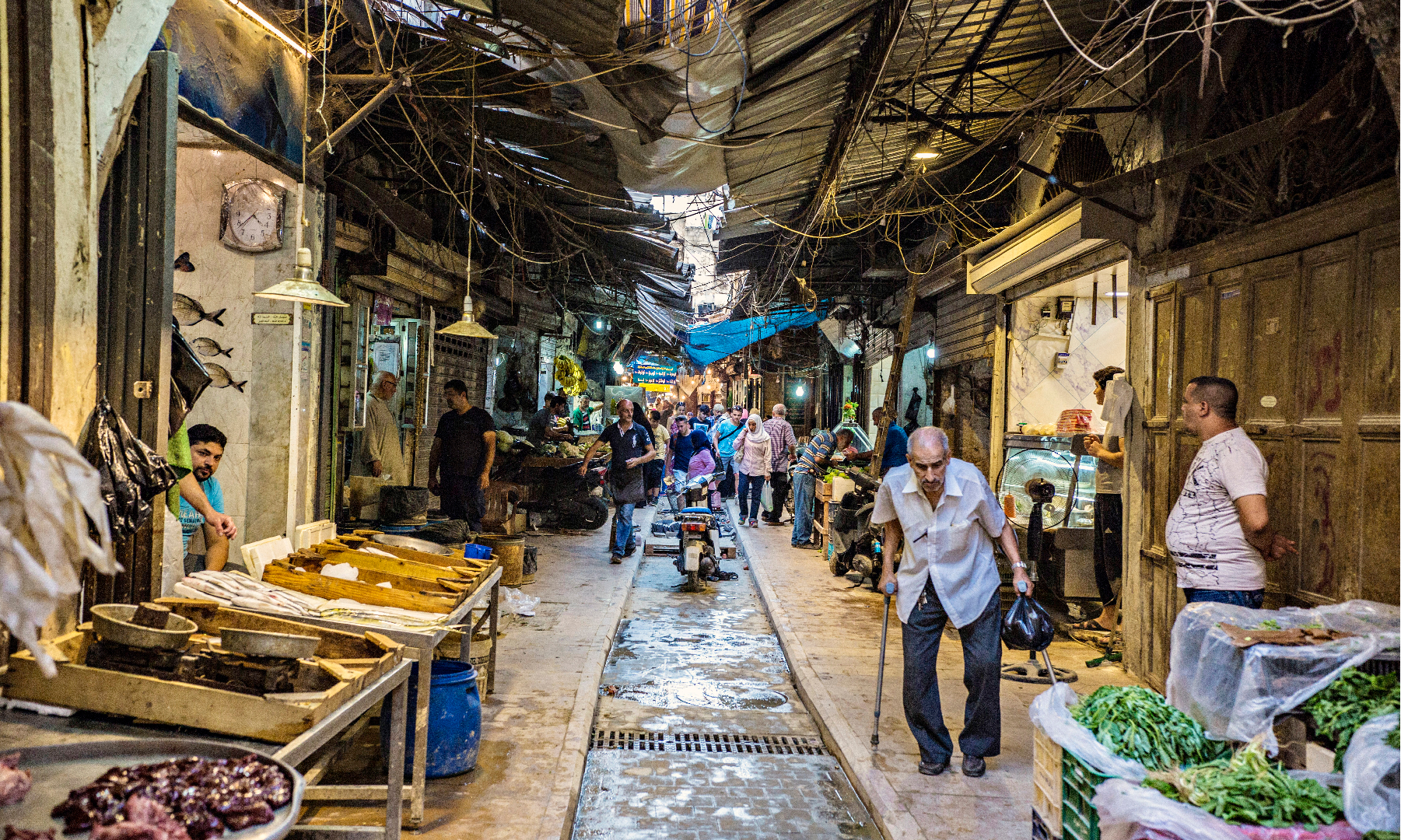It was midday when I started my journey back to Beirut from Damascus, seven weeks after I had left on 23 September. I never imagined that I would need to seek refuge in Syria, but the war in Lebanon left me with no other choice. My wife and I decided to leave and stay with my in-laws until we could figure things out.
With news of a fragile ceasefire, I dared to hope and began the long journey home through the Tripoli crossing in the north, as the main border point that I usually take had been bombed and was now far more difficult to navigate.
The car bumped along the rough roads, passing through landscapes I had never seen before. The journey was filled with anxiety and took nearly eight hours, compared to the 3 hours it usually takes from the other and more widely used crossing. I sat in the passenger seat, my eyes fixed on the horizon, my fingers tapping nervously on my knee. The silence in the car was broken only by the occasional sigh from the driver, or from me.
As we approached the border and passed through several checkpoints, memories of Beirut came flooding back: a city full of life, bustling streets, and incredible food. It felt as though I’d been away for seven years. I couldn’t wait to return home.
Crossing back into Lebanon, however, felt bittersweet. The air was familiar but heavy. Lebanon had always been the country of “beautiful chaos”, but this time the chaos was different. When we finally reached Beirut, the city seemed cloaked in grief. The streets of Hamra, a well-known shopping area close to where I live, once teeming with people and energy, were now lined with people sitting on the pavements. The faces I passed were tired and worn.
“I never thought I’d see home like this,” I muttered. The driver glanced at me for a moment.
The sight of older men and women sitting quietly was particularly moving. Staring into nothingness. They looked strong yet vulnerable, their resilience defying their age. My heart ached as I thought of my mother waiting for me. I hadn’t just come back to return home; I’d come to take care of her, to bring some comfort during these difficult times.
“The hardest part,” I told a friend later, “isn’t the journey itself. It’s coming back and realising that home doesn’t feel the same anymore.”
Beirut felt different, tense, like a city caught between hope and despair. Walking by the Corniche, I saw young people speaking in low voices, their faces marked with worry. Older people sat quietly, looking out at the sea as if waiting for peace to finally come.
An older man I spoke to said it best: “We’ve rebuilt before, and we will again. But now, even rebuilding feels uncertain.”
This was the Beirut I had returned to: a city still holding on, still fighting to survive, but fragile. For those of us who have lived through countless cycles of conflict, the present is not just another moment—it’s the weight of everything that has come before. It’s a reminder that even in the hardest of times, we must find a way to keep hope alive.
Ahmad is a senior communications manager with HelpAge International, currently based in Beirut, Lebanon.
The ongoing conflict in Lebanon has resulted in significant human losses and displacement. Over 3,500 people have been killed and more than 15,000 injured. The violence has displaced over 1.2 million people, overwhelming shelters and forcing many to seek refuge in informal settings. HelpAge International’s network members in Lebanon, Amel and IDRAAC, as well as Juzoor in Gaza, continue to work under extremely difficult circumstances to deliver urgent humanitarian assistance to older people.

